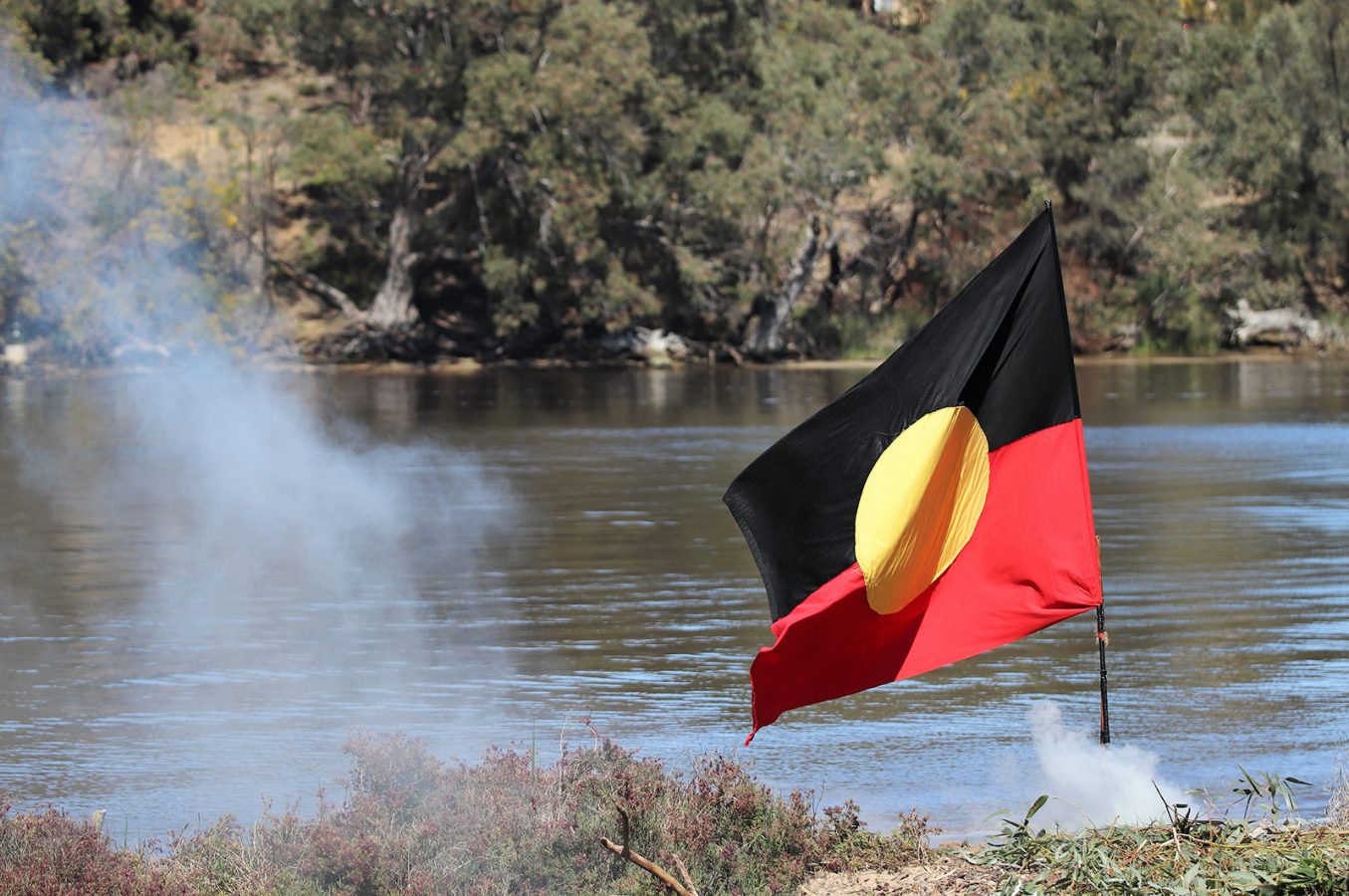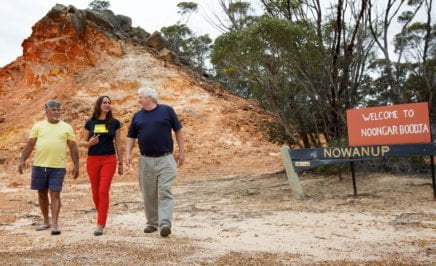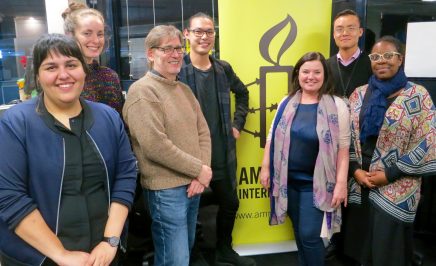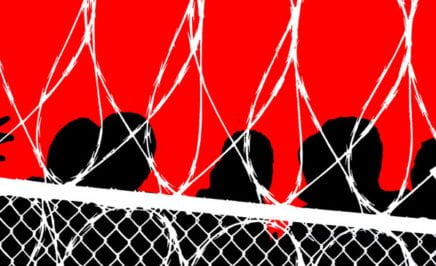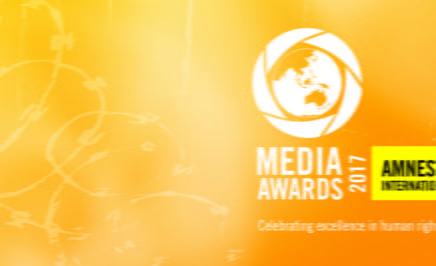With three preventable human rights tragedies in Western Australia in less than two weeks, Amnesty International’s Perth-based Indigenous Rights Manager Tammy Solonec reflects on the sadness felt by community and changes that must happen.
It has been just over a week since two Aboriginal boys drowned in the Derbarl Yerrigan (Swan River) after being chased by police. I still can’t believe it happened, and in such tragic and preventable circumstances. As a community we are still coming to terms with it. A beautiful ceremony was held at the weekend to acknowledge the lives of the boys lost and set their spirits free. So many hearts are breaking.
This is our our third preventable human rights tragedy on Noongar Boodja in less than two weeks. For me it has been a triple barrel, because I live here, have empathy and lived experience, and because of my work as the Indigenous Rights Manager for Amnesty International.
On Sunday 3 September a 22-year-old refugee Mr Aljhelie attempted to end his life at the Yongah Hill Immigration Detention Centre in Northam, about an hour east of Perth. This resulted in a disturbance at the centre as people protested his treatment. Most media outlets reported it as a riot, with one outlet focusing on the waste of taxpayers’ money instead of the man on his deathbed. His life support was switched off on Wednesday 5 September, RIP.
My dad was a refugee born in Northam who spent his very early years at Yongah Hill when it was a place of refuge called Holden Camp. It is now a prison, where foreign nationals are detained before they are deported. It shows how far we as a society have gone backwards.
On the same day the horror was happening at Yongah, Anthony Harvey allegedly killed his wife Mara Quinn and their three tiny children in Bedford, as well as her mother the next day. We did not know this until the following Sunday when the bodies were found. I went to school with Mara. Even now as I’m writing this the tributes, shock and sadness from classmates keep coming through, RIP.
Then, on Tuesday 11 September we woke to distressing news that boys had drowned in the Derbarl Yerrigan after being chased by police. At first it was reported that one boy had passed, then two, and they were looking for a third. By the end of the day it had been confirmed the third boy was safe, and the two who had passed were Aboriginal. Family and community leaders are now starting to speak out and mourn the boys, RIP.
Whilst many of us grieve, others seem happy they passed. The comments on social media are absolutely disgraceful, left there to pierce us by mainstream media outlets with little to no moderation.
I have lived in Perth for 26 years, and have raised my children here, who are both now young adults. I have witnessed the difficulties they and their friends go through, and how hard it is to be a young person in Perth. Especially a young Aboriginal person.
Everything is harder and more complicated than when I was younger. Everything is more expensive and wages have hardly risen. School is harder, it’s harder for them to get their driver’s license, it’s harder for them to get a job, it’s harder for them to find and afford a safe place to live and its harder for them to get social security. On top of that they are dealing with social media and complex relationships with their peers, and they are much more likely to come from a broken home than when I was their age.
I’ve been working on youth justice, managing Amnesty’s Indigenous rights work and the ‘Community Is Everything’ campaign in Perth since 2014. Before that I was at the National Congress of Australia’s First Peoples, and before that the Aboriginal Legal Service of WA.
For many years the organisations I have worked for have argued for justice reform in WA. There have been so many recommendations directed at the WA Government through reports, inquiries and by the United Nations. We’ve exposed human rights abuses and advocated for Indigenous-led solutions and alternatives to detention. We’ve called for policy and law reform, such as ending solitary confinement and mandatory sentencing, and raising the age of criminal responsibility around Australia, including in Queensland and the Northern Territory. But it is very difficult to get traction here in WA.
I feel so frustrated that the evidence base is not being followed and so angry that children are dying. My only hope is that the tragic passing of these two boys will not be in vain and that we can finally get some traction in justice reform here in WA.
We’ve been arguing for a justice reinvestment framework in WA for almost a decade and although there are trials underway in most states, WA has yet to commit. We need to completely review the Young Offenders Act and the youth justice system, and improvements are needed to police practices to avoid these situations.
We must also prioritise the safety of women and children in domestic violence situations and provide more help to families who are struggling.
And the Federal Government must reconsider the cruel and inhumane immigration policies which are affecting so many lives, with so little room for help, appeal or compassion.
All of these human rights tragedies must lead to change. We can and must do better. The safety of women, children and people in detention must be prioritised.
